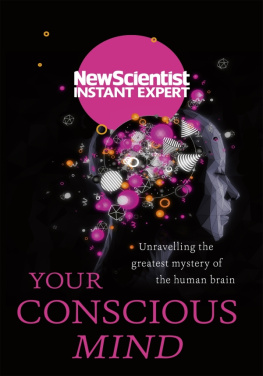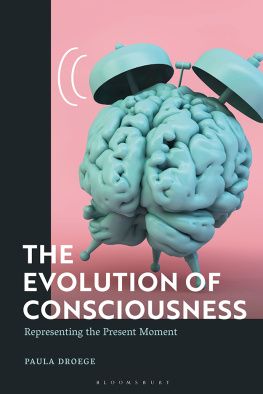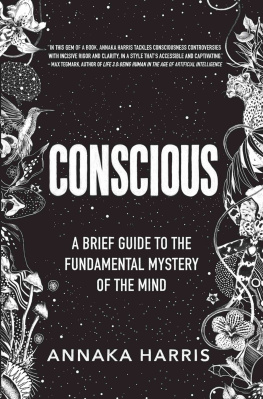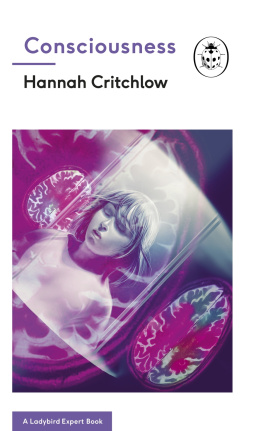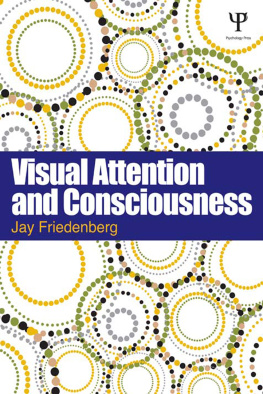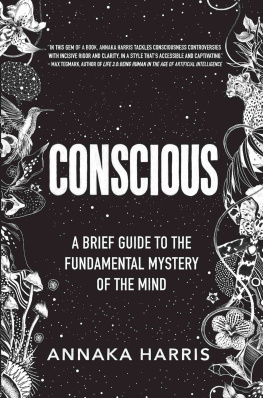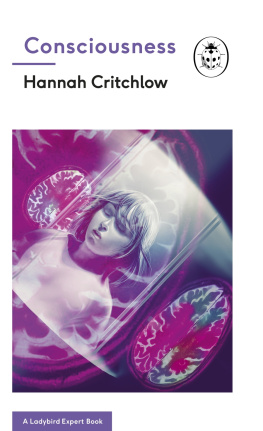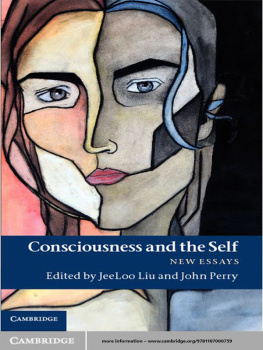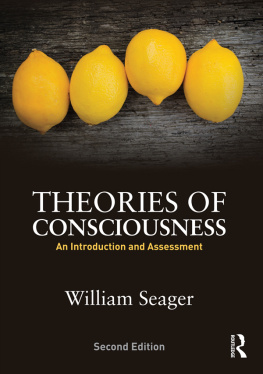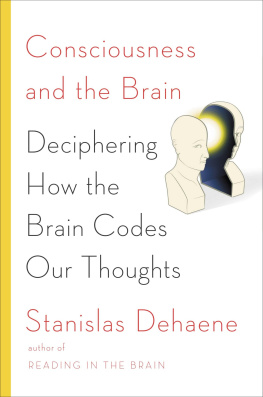Carruthers, Peter , Department of Philosophy, University of Maryland
Consciousness
Essays from a Higher-Order Perspective
Publication date 2005 (this edition)
Print ISBN-10: 0-19-927736-2
Print ISBN-13: 978-0-19-927736-0
doi:10.1093/0199277362.001.0001
Abstract: This book is a collection of essays about consciousness and related issues. It focuses mostly on developing, defending, and exploring the implications of one particular sort of reductive explanation of phenomenal consciousness, which the author now refers to as 'dual-content theory'. But other issues discussed include: the nature of reductive explanation in general; the nature of conscious thought and the plausibility of some form of eliminativism about conscious thought (while retaining realism about phenomenal consciousness); the appropriateness of sympathy for creatures whose mental states are not phenomenally conscious ones; and the psychological continuities and similarities that exist between minds that lack phenomenally conscious mental states and minds that possess them.
Keywords: phenomenal consciousness,conscious thought,reductive explanation,animal suffering,animal mental states
PREFACE AND ACKNOWLEDGEMENTS
The present book collects together and revises ten of my previously published essays on consciousness, preceded by a newly written introduction, and containing a newly written chapter on the explanatory advantages of my approach. Most of the essays are quite recent. Three, however, pre-date my 2000 book, Phenomenal Consciousness: A Naturalistic Theory. (These are Chapters .) They are reproduced here, both for their intrinsic interest, and because there isn't really much overlap with the writing in that earlier book. Taken together, the essays in the present volume significantly extend, modify, elaborate, and discuss the implications of the theory of consciousness expounded in my 2000 book.
Since the essays in the present volume were originally intended to stand alone, and to be read independently, there is sometimes some overlap in content amongst them. (Many of them contain a couple-of-pages sketch of the dispositional higher-order thought theory that I espouse, for example.) I have made no attempt to eradicate these overlaps, since some readers may wish just to read a chapter here and there, rather than to work through the book from cover to cover. But readers who do adopt the latter strategy may want to do a little judicious skimming whenever it seems to them to be appropriate.
Each of the previously published essays has been revised for style. I have also corrected minor errors, and minor clarifications, elaborations, and cross-references have been inserted. Some of the essays have been revised more significantly for content. Wherever this is so, I draw the reader's attention to it in a footnote.
I have stripped out my acknowledgements of help and criticism received from all of the previously published papers. Since help received on one essay may often have ramified through others, but in a way that didn't call for explicit thanks, it seems more appropriate to list all of my acknowledgements here. I am therefore grateful for the advice and/or penetrating criticisms of the following colleagues: Colin Allen, David Archard, Murat Aydede, George Botterill, Marc Bracke, Jeffrey Bub, David Chalmers, Ken Cheng, Lindley Darden, Daniel Dennett, Anthony Dickinson, Zoltan Dienes, Fred Dretske, Susan Dwyer, Keith Frankish, Mathias Frisch, Rocco Gennaro, Susan Granger, Robert Heeger, Christopher Hookway, Frank Jackson, David Jehle, Richard Joyce, Rosanna Keefe, Simon Kirchin, Robert Kirk, Uriah Kriegel, Stephen Laurence, Robert Lurz, Bill Lycan, Jessica Pfeifer, Paul Pietroski, Georges Rey, Mark Sacks, Adam Shriver, Robert Stern, Scott Sturgeon, Mike Tetzlaff, Michael Tye, Carol Voeller, Leif Wenar, Tim Williamson, and Jo Wolff.
end p.vii
I am also grateful to the following for commenting publicly on my work, either in the symposium targeted on Chapter ; or in the 'Author meets critics' symposium held at the Central Division meeting of the American Philosophical Association in Chicago in April 2004: Colin Allen, Jos Bermdez, Derek Browne, Gordon Burghardt, Paola Cavalieri, Fred Dretske, Mark Krause, Joseph Levine, Robert Lurz, William Lycan, Michael Lyvers, Brian McLaughlin, Harlan Miller, William Robinson, Eric Saidel, William Seager, Larry Shapiro, and Josh Weisberg.
Finally, I am grateful to the editors and publishers of the volumes listed below for permission to reproduce the articles/chapters that they first published.
Chapter 2: 'Reductive Explanation and the "Explanatory Gap"' Canadian Journal of Philosophy, 34 (2004), 153-73. University of Calgary Press. |
Chapter 3: 'Natural Theories of Consciousness' European Journal of Philo-sophy, 6 (1998), 203-22. London: Blackwell. (Some of the material in the new concluding section of this chapter is drawn from: Replies to critics: explaining subjectivity. Psyche 6 (2000). ) |
Chapter 4: 'HOP over FOR, HOT Theory', in R. Gennaro (ed.), Higher Order Theories of Consciousness. Philadelphia: John Benjamins, 2004, 115-35. |



